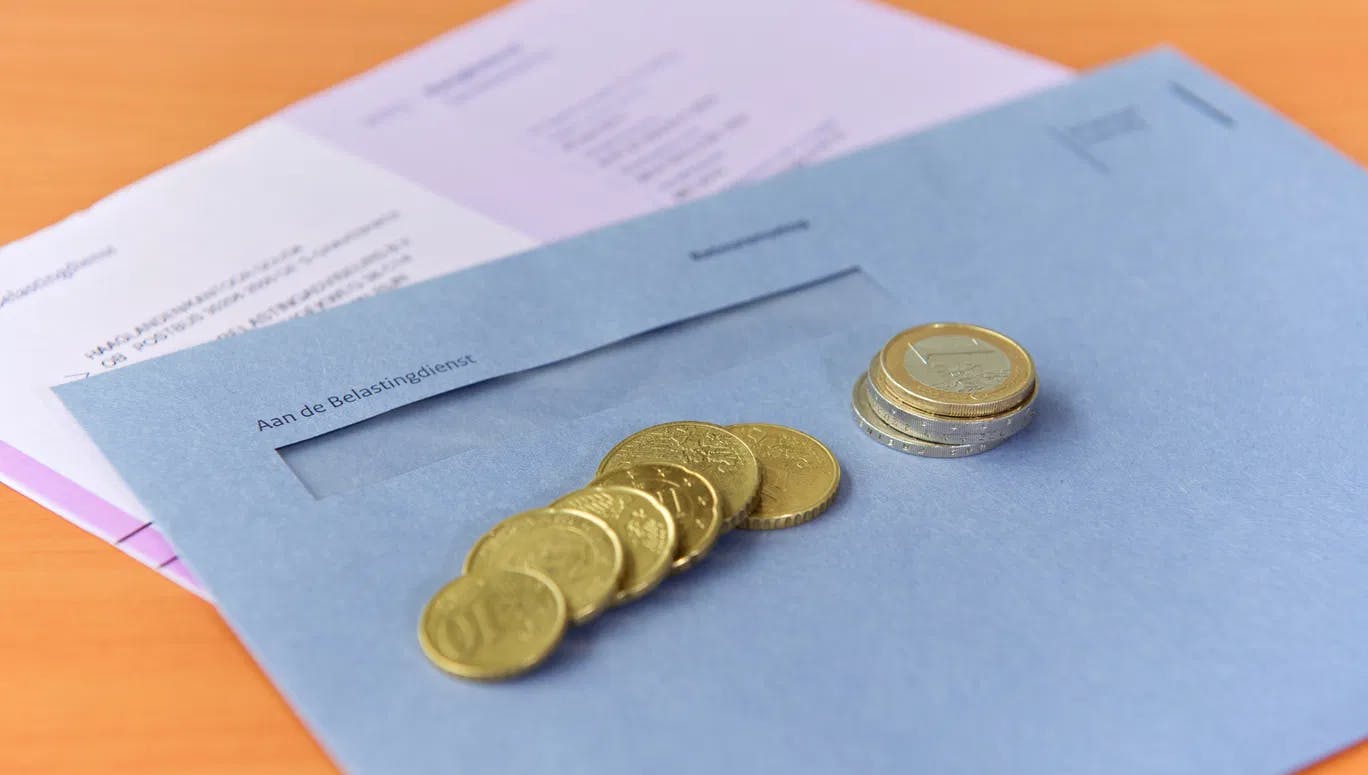
Social security and insurances
20 January 2026

Article provided by Hillbrook Expatriate Tax Solutions, an IN Amsterdam partner.
Whatever your professional circumstances, if you earn money while living in the Netherlands you will pay tax on your income. If you work for a company and get a traditional salary, then your employer will calculate and withhold your tax from your monthly wage, and you will see this deduction show up on your pay slips. If you are self-employed, then you must calculate your own income tax and pay it via your annual tax return.
Where the Netherlands differs from some other countries is that even if you pay tax through your salary, most people still need complete an annual income tax return to balance out their income tax with other financial aspects of life. The Dutch Tax Office might send you a letter in January if this applies to you, inviting you to complete your tax return online and submit it before 1 May. You will first need to apply for a DigiD. Many people enlist the help of a tax advisor to help them with filing their tax return.
Tax residency in the Netherlands is determined more by your personal circumstances than by any set of stringent rules. Facts like where you live for most of the year, whether you have a permanent home in the Netherlands, where your spouse and children live and where your employer is based will be considered, and the more ties that you have with the Netherlands, the more likely that you will be considered a resident of the Netherlands for tax purposes. As a tax resident, you will be expected to pay taxes on your worldwide income from employment, property, savings and investments – not just on the money you earn here.
You may have already heard about the 30% ruling before arriving here, or at the time of being hired for your job in the Netherlands. It’s a tax advantage for internationals recruited from abroad that allows the employer to reimburse a maximum of 30% of your gross wage tax-free. This means that you as the employee pay 30% less tax – a benefit intended to help with the costs of transferring to a new country. Important to know: as of 1 January 2024, the 30% ruling has been decreased to the 30/20/10% rule. To be eligible for this ruling, you must meet certain criteria. You should have been hired from abroad (i.e. you received a job offer while still living outside of the Netherlands), have lived at least 150km away from the Dutch border for at least 16 out of the last 24 months before moving to the Netherlands, and you must meet certain salary criteria – which is updated every year on 1 January. However, certain exemptions apply for under 30s, and some scientific and medical workers. Find out more about who can apply for the 30% ruling.
The way that you are taxed as a self-employed professional in the Netherlands depends on how you have chosen to register your company. Freelancers or self-employed professionals usually opt for the legal structure of a one-person business (eenmanszaak) or that of a private limited company (besloten vennootschap, or BV). Setting up as an eenmanszaak means you’ll pay income tax rather than corporate tax on your profits, because your business isn’t considered as separate from your personal assets. If you set up as a limited company however, you are counted as an employee of your company, and your company will pay corporate-dividend tax as well as wage tax for you as an employee. Whichever option you choose, if you are self-employed in the Netherlands you must calculate your own income tax, and pay it via your annual tax return. Furthermore, you will need to remit the VAT (called BTW in Dutch) that you collect from your clients via a monthly (or quarterly) VAT return. A Dutch tax advisor will be happy to help with this.
As well as income tax and corporate tax mentioned above, there are many other ways that the Dutch Tax Office collects money. These include:
Navigating the Dutch tax system can be a challenge for newcomers, so many international residents opt to hire a tax advisor specialised in tax for internationals. We recommend Hillbrook Expatriate Tax Solutions, a trusted partner of IN Amsterdam.